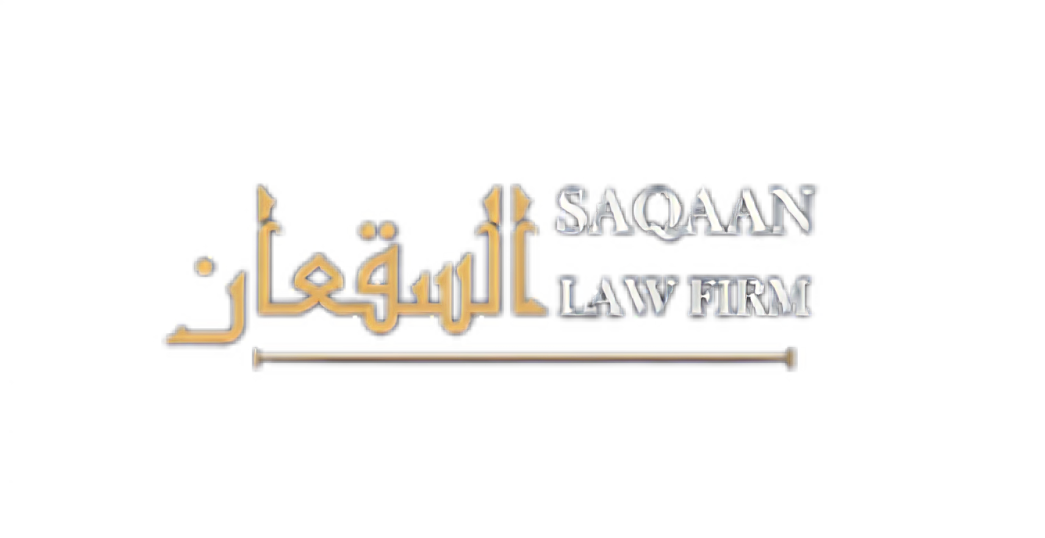On April 23, 2023, Egypt issued the Egyptian Charter for Artificial Intelligence as an initial attempt to regulate the use of artificial intelligence technologies. This document addresses the interpretation of the guidelines related to ethical and responsible artificial intelligence.
It is noted that the global trend has become an attempt to codify the uses of artificial intelligence and establish legislation regulating it. Perhaps many international initiatives and ideas adopted by international organizations in this framework have emerged from them a set of common and somewhat similar international principles in an attempt to codify the uses of artificial intelligence, including:
The United Nations issued guidelines for artificial intelligence aimed at promoting the responsible development of artificial intelligence and ensuring its use in a manner that respects human rights and ethics. These principles aim to achieve a balance between technological development and preserving human values.
All member states of UNESCO, including Egypt, have adopted a historic text that defines the common values and principles necessary to ensure the sound development of artificial intelligence with the aim of achieving a balance between technological progress, human rights and ethics. Egypt has adopted what resulted from this text, which led to the issuance of the Egyptian Charter.
European Union: The European Union has developed pioneering legislation to regulate artificial intelligence, which is the only legislation globally to date, which aims to ensure the safe and responsible use of artificial intelligence technologies, as it includes principles of transparency, accountability and human rights.
Some countries are also working to develop legislation and frameworks for artificial intelligence and regulate its use, such as China, Canada, Japan and the United Arab Emirates. These legislations vary in terms of objective and focus, and include issues such as security, privacy and accountability.
Returning to the Egyptian Charter for Artificial Intelligence, we find that this document aims to achieve two purposes:
To be a pilot launch that enables all citizens or stakeholders to know the ethical considerations related to artificial intelligence and integrate them into their plans
To indicate Egypt’s readiness to follow responsible artificial intelligence practices, which serves investors and artificial intelligence classification bodies to measure Egypt’s ability to invest in it, and on the other hand to communicate Egypt’s needs and priorities to foreign artificial intelligence developers looking to develop and market their products in Egypt
This document is divided into general guidelines, which are rules that apply to all members of the ecosystem, and executive guidelines related to the frameworks that regulate the ethical use of artificial intelligence.
The following is a review of the most prominent principles contained therein:
First: General guiding principles:
1. Humanity as a goal: The primary goal of using artificial intelligence should be to achieve the well-being of the citizen, and that smart systems should not be designed to replace human labor except in cases that pose a threat or danger to the well-being of the citizen.
2. Transparency and interpretability: The smart system must be understandable and interpretable, and the method of making decisions and the criteria used should be clarified.
3. Justice: Artificial intelligence must be used in a way that ensures equality and justice among all segments of society.
4. Accountability: There must be mechanisms for accountability and oversight of the use of smart technologies, and periodic reports must be submitted on artificial intelligence projects.
5. Safety and security: Smart systems must be secured and protected from security threats.
These principles aim to achieve a balance between technological progress and social responsibility, and enhance the use of artificial intelligence in the service of Egyptian society.
Second: Executive guidelines:
These principles relate to the regulatory frameworks for the ethical and responsible use of artificial intelligence technologies.
Here are some of the main points:
1. Ethical guidance and responsibility: The Charter encourages the development and deployment of AI systems in a manner that respects ethical values and ensures legal accountability.
2. Transparency and inclusiveness: It encourages transparency about the use of AI technologies and ensures the participation of all stakeholders in decision-making.
3. Diversity and equality: It emphasizes the importance of avoiding bias and ensuring equal opportunities and equal access to AI technologies.
4. Training and awareness: It encourages the development of training and awareness programs for the community about AI and its proper use.
5. Evaluation and monitoring: It encourages the evaluation and monitoring of the impact of AI technologies and updating the guidelines based on developments.
These are the most prominent principles included in the Charter. It is worth noting that Egyptian laws are still devoid of any texts that address the regulation of AI technologies. With the exception of the Communications Regulation Law No. 10 of 2003 AD and the Protection of Personal Data Law No. 151 of 2020 AD, which indirectly and limitedly address some of its technologies, there is no legislation regulating this new variable in the global environment.
In conclusion:
The Egyptian Charter for Artificial Intelligence concluded that it must be reviewed annually to ensure its suitability, continuity, and keeping pace with developments in the use of new technologies in artificial intelligence, which results in the creation of new principles or rules in its use.
